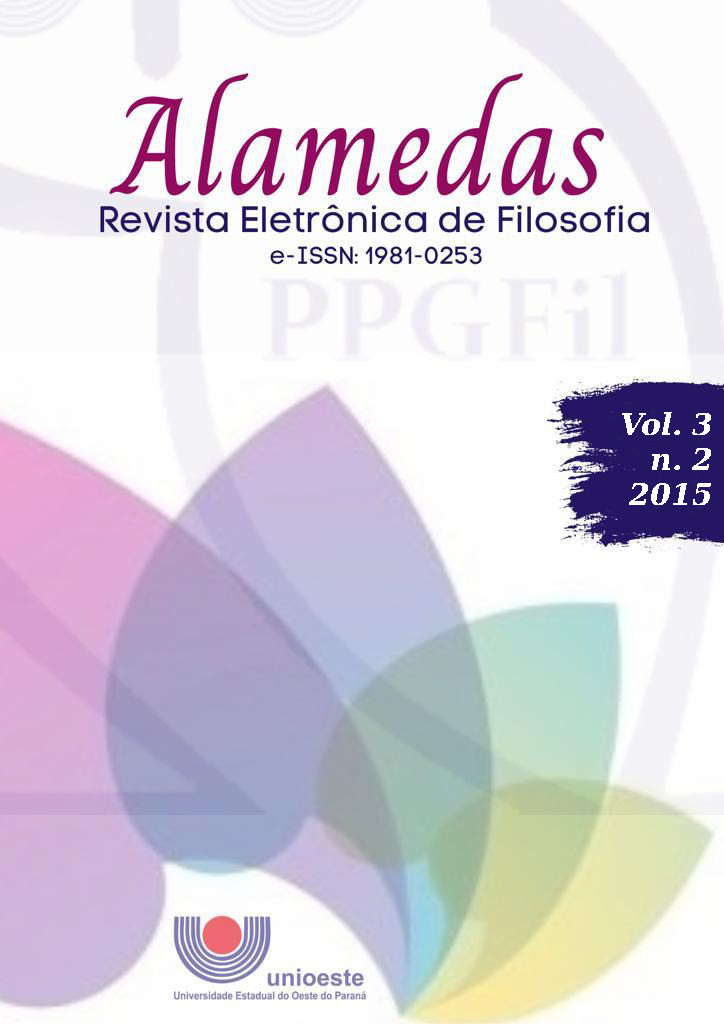Integração disciplinar e totalidade
um diálogo entre a interdisciplina e a dialética
DOI:
https://doi.org/10.48075/ra.v3i2.12746Keywords:
INTERDISCIPLINARIDADE, DIALÉTICA, TOTALIDADEAbstract
The interdisciplinary approach of this work is founded on the constitutive ontological bases of social being in its historical development, putting the issue beyond the philosophy of the subject. It is not interdisciplinary in a dialectical methodology, but interdisciplinary from the dialectical nature of reality. The disciplinary division of science reveals a particular way of viewing all the relational reality plexus. Discipline streamlines, fragments. From representative fragments merge up the theses, propositions: the scientific discourse arises. But the effervescence of reality insists on not be contained in the order established by science. The real facticity, with their connections, their antagonisms, provides constant and erratically new forms of objectification that do not accommodate the narrow and static streaks of scientific branches. It is on this point of inflection that dialectic can contribute to interdisciplinary breakthrough, revealing the real nuances, its concrete and contradictory unity.
KEYWORDS: INTERDISCIPLINARITY; DIALECTIC; TOTALITY
Downloads
Published
How to Cite
Issue
Section
License
Copyright (c) 2015 Alamedas

This work is licensed under a Creative Commons Attribution-NonCommercial-ShareAlike 4.0 International License.
Aviso de Direito Autoral Creative Commons
Política para Periódicos de Acesso Livre
Autores que publicam nesta revista concordam com os seguintes termos:
1. Autores mantém os direitos autorais e concedem à revista o direito de primeira publicação, com o trabalho simultaneamente licenciado sob a Licença Creative Commons Attribution que permite o compartilhamento do trabalho com reconhecimento da autoria e publicação inicial nesta revista.2. Autores têm autorização para assumir contratos adicionais separadamente, para distribuição não-exclusiva da versão do trabalho publicada nesta revista (ex.: publicar em repositório institucional ou como capítulo de livro), com reconhecimento de autoria e publicação inicial nesta revista.
3. Autores têm permissão e são estimulados a publicar e distribuir seu trabalho online (ex.: em repositórios institucionais ou na sua página pessoal) a qualquer ponto antes ou durante o processo editorial, já que isso pode gerar alterações produtivas, bem como aumentar o impacto e a citação do trabalho publicado (Veja O Efeito do Acesso Livre).
Licença Creative Commons
Esta obra está licenciada com uma Licença Creative Commons Atribuição-NãoComercial-CompartilhaIgual 4.0 Internacional, o que permite compartilhar, copiar, distribuir, exibir, reproduzir, a totalidade ou partes desde que não tenha objetivo comercial e sejam citados os autores e a fonte.


